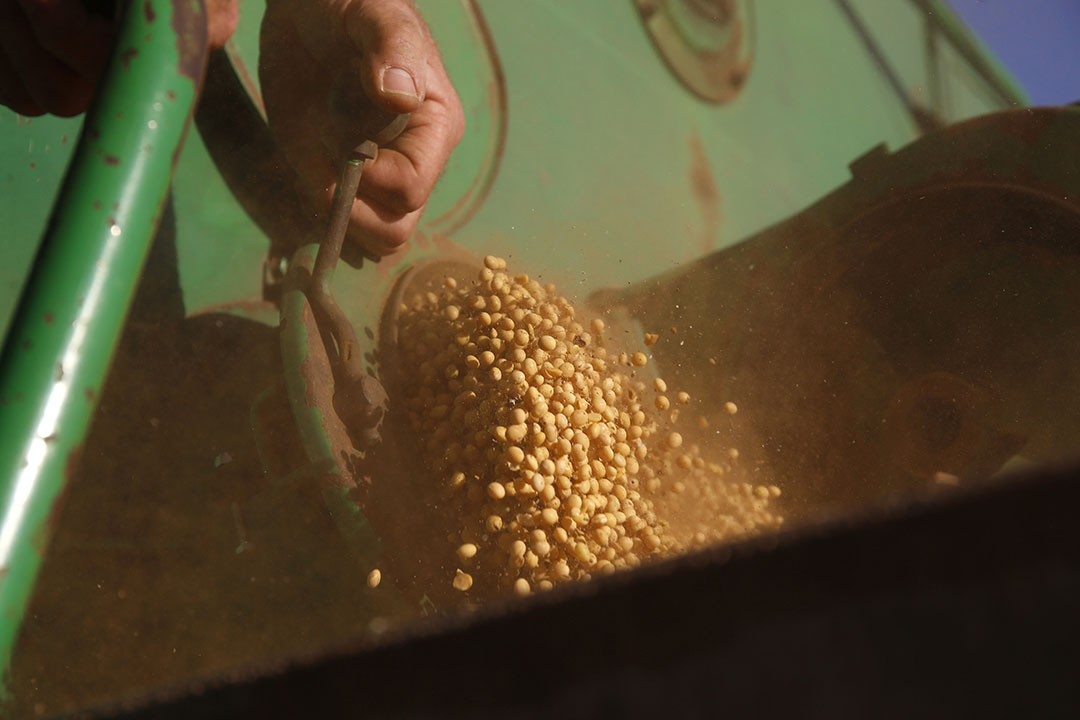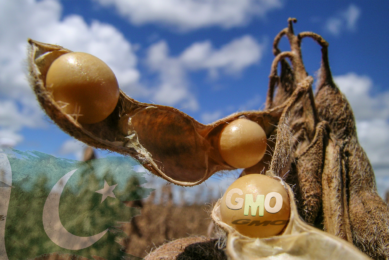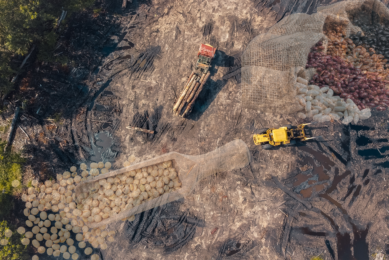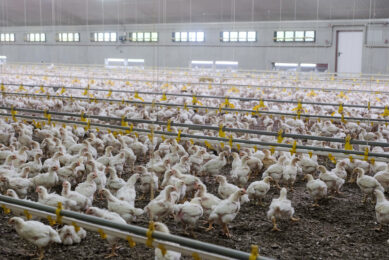Russia plans to extend soft regime for GMO import

The Russian Ministry of Agriculture has announced plans to extend favourable GMO import conditions until the end of 2021.
This decision was made to avoid turmoil in the domestic feed industry. The Russian government approved GMO import without registration from April 2020 – exclusively for products which the Russian veterinary watchdog Rosselkhoznadzor had been confirmed to be safe – until the end of 2020.
“The lack of opportunity for an unlimited number of people to import the aforementioned [GMO] products from 1 January 2021 may lead to a shortage of high-protein feed components on the domestic market and cause a price hike for feed and feed additives, as well as for livestock products,” the Ministry said in a statement. Previously, almost all imported GMOs were subjected to compulsory state registration, which is considered an insurmountable barrier for the products to be brought to the market.
Feed producers want GMOs
According to Vladimir Manaenkov, General Director of the Feed Producers Association of the Eurasia Economic Union, Russia lacks about 30% of soybean meal to meet domestic demand fully. GMO meal currently makes up for this shortage. The Ministry’s decision will make it easier for Russian livestock breeders to buy the essential feed components at minimal cost, which is especially important during difficult times like these, Manaenkov told the Russian Gazette, the official publication of the Russian government.
 Russia embraces new trends
Russia embraces new trends
Russian farmers find themselves in a new reality as over the past few years, the country’s environmental-protecting organisations have become a force to be reckoned with.
Russian meat producers have repeatedly been complaining that the situation surrounding GMOs has driven up feed prices, putting heavy pressure on business, and, ultimately, its competitiveness on the global market. According to market participants, the complete ban on cultivating GMOs in the country was also not justified.
Processors might be jeopardized
“The cost of GMO meal is 20% lower even at the current Russian Rouble’s exchange rate,” said Mikhail Maltsev, executive director of the Russian Fat and Oil Union, which advocates the inclusion of soybean meal from the list of products subjected to state registration.
By allowing foreign GMO meals on the Russian market, the government would endanger local processing plants, which would not be able to offer a competitive price in the domestic soybean market compared to the export alternative, Maltsev said. Besides, it would be more profitable for soybean producers to export soybeans than to sell them to the local processing companies, he added.
“As a result, meat producers will hook on the imported meal, while domestic soybeans will be exported, and processing facilities that have been built – including with state support – will be turned into scrap. This will shake up and destroy the soybean processing industry.” Maltsev said.











